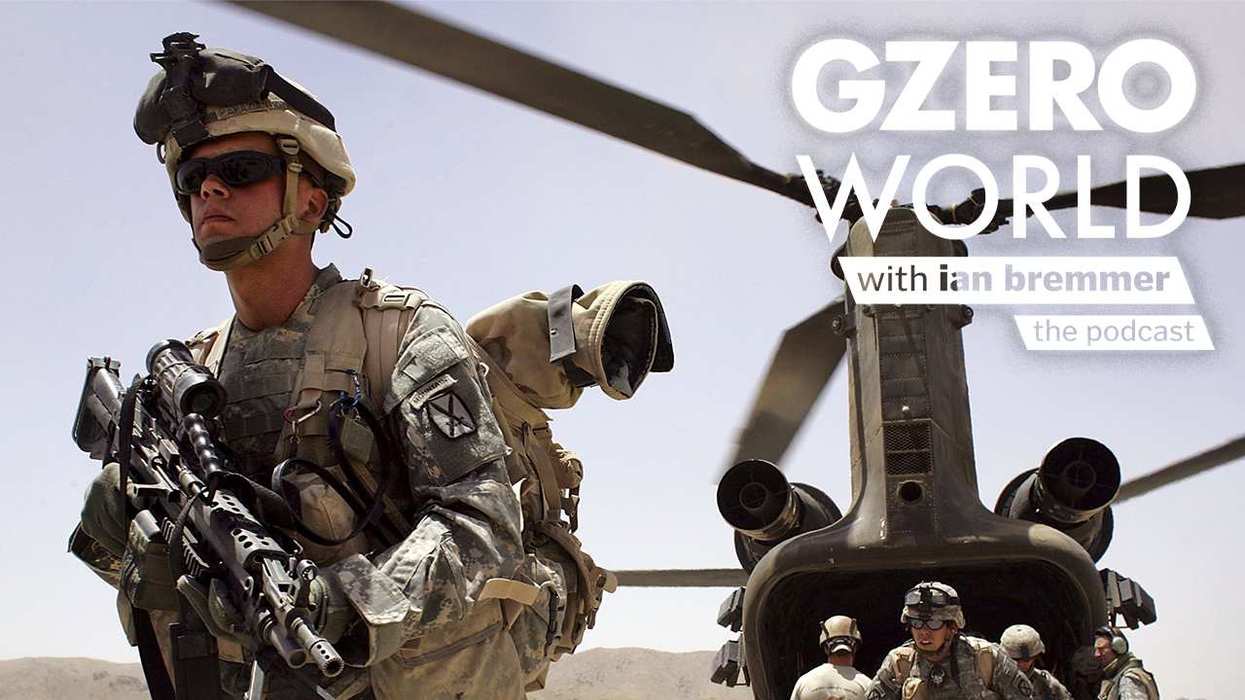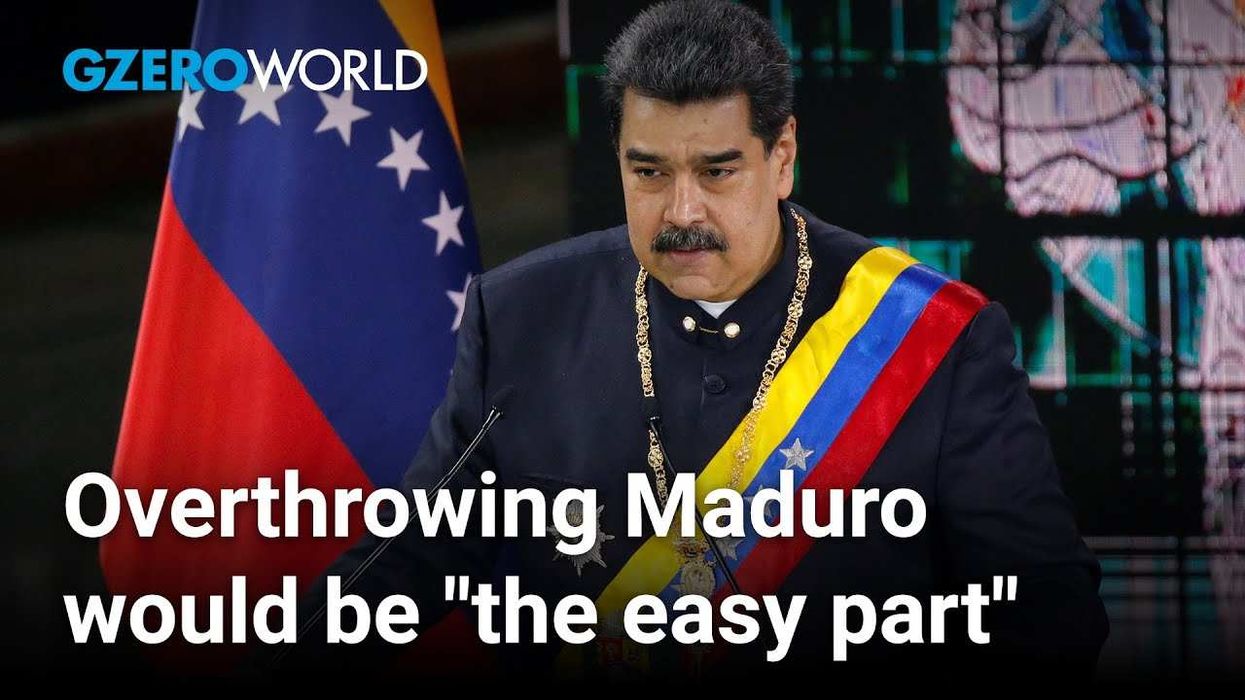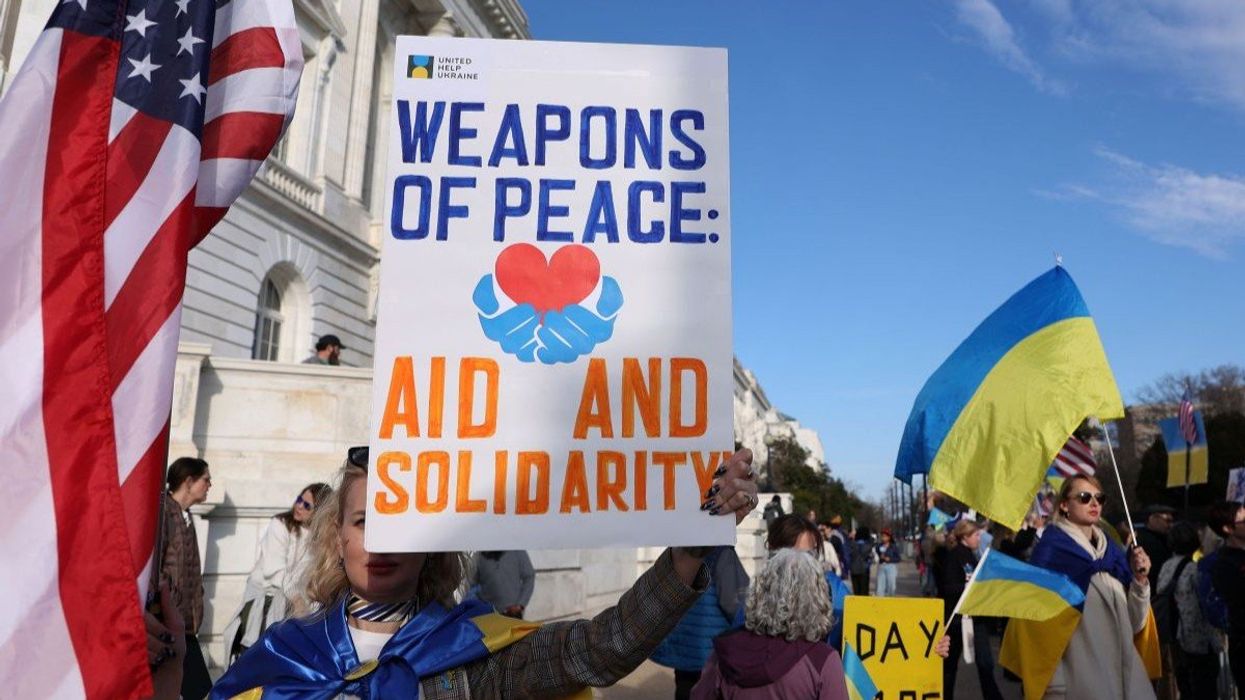GZERO World with Ian Bremmer Podcast
President Trump's power-first foreign policy with CFR's President
When the US shift from defending the postwar rules-based order to challenging it, what kind of global system emerges? CFR President Michael Froman joins Ian Bremmer on the GZERO World Podcast to discuss the global order under Trump's second term.
Feb 14, 2026










